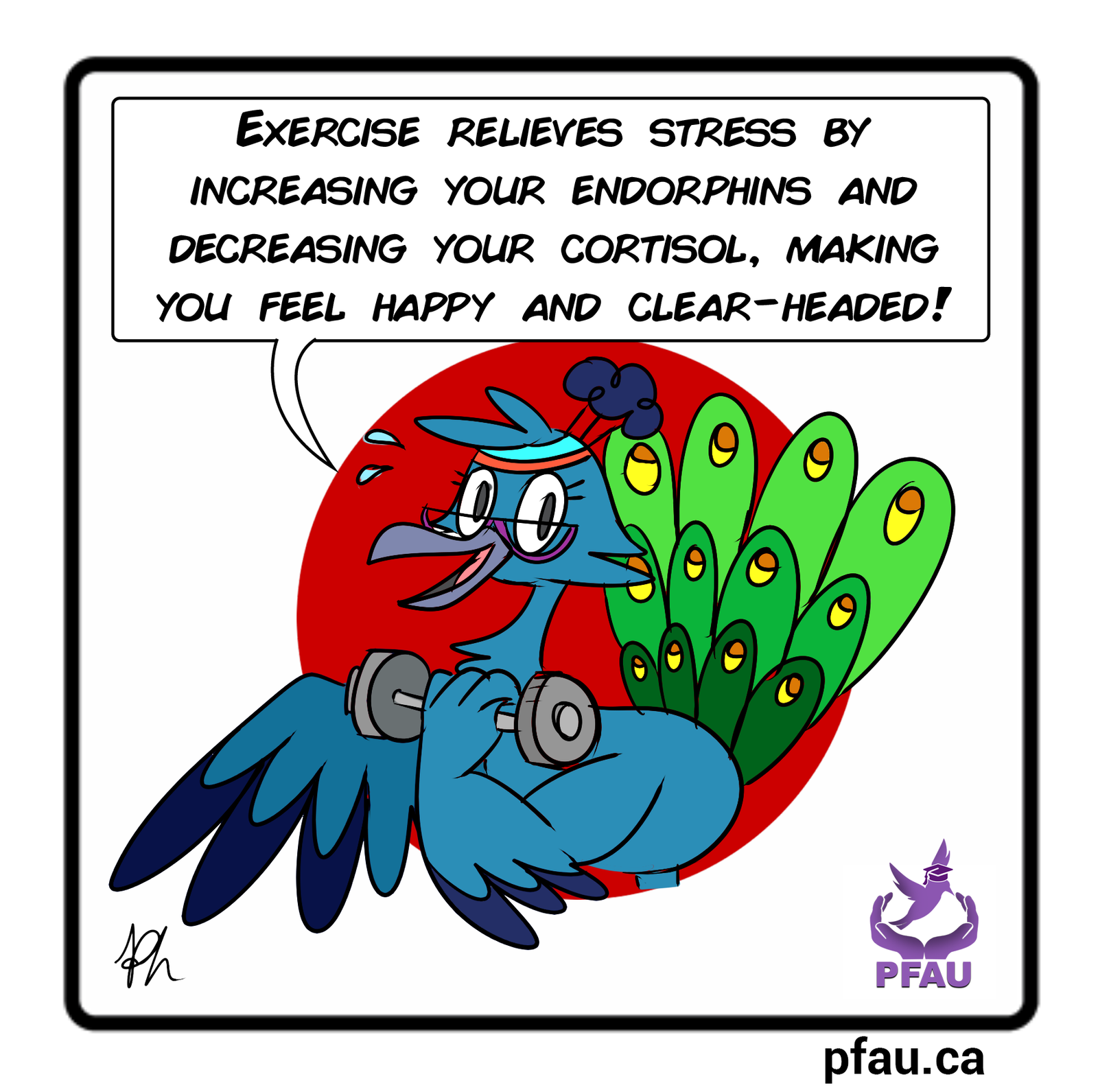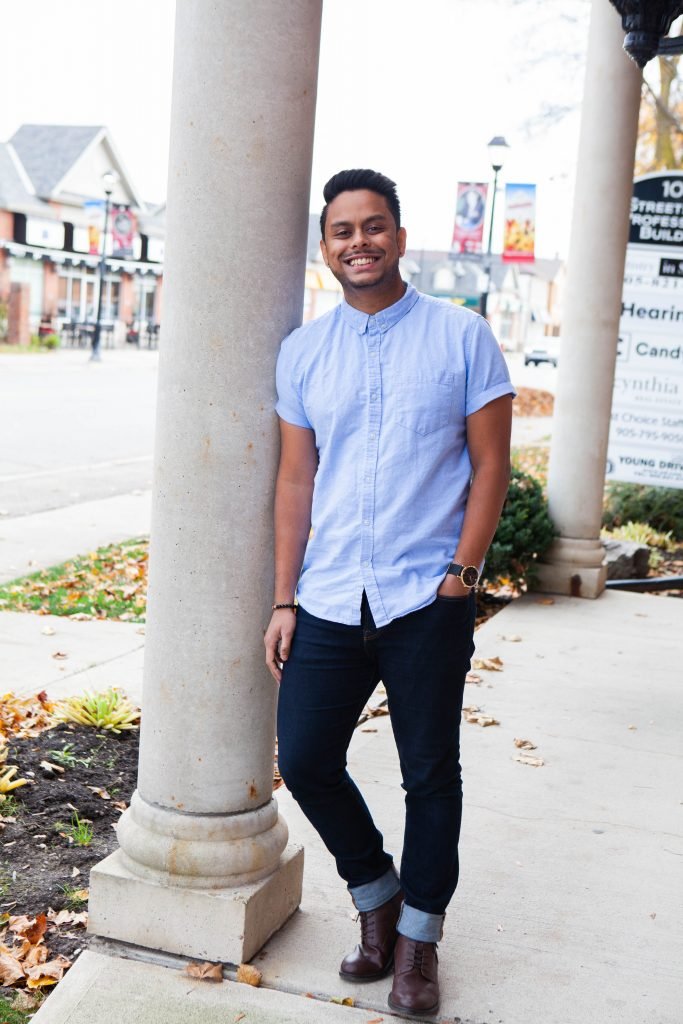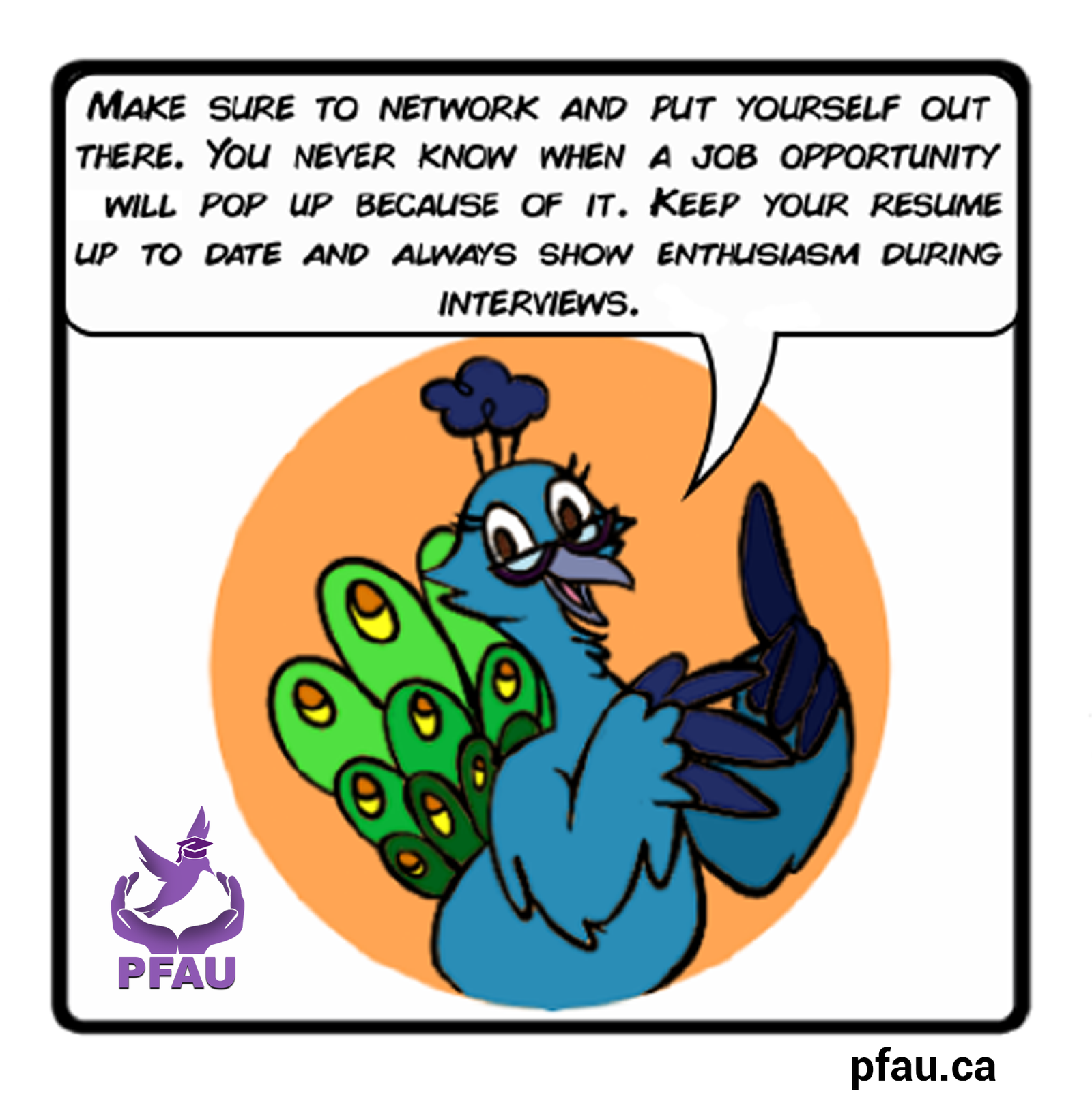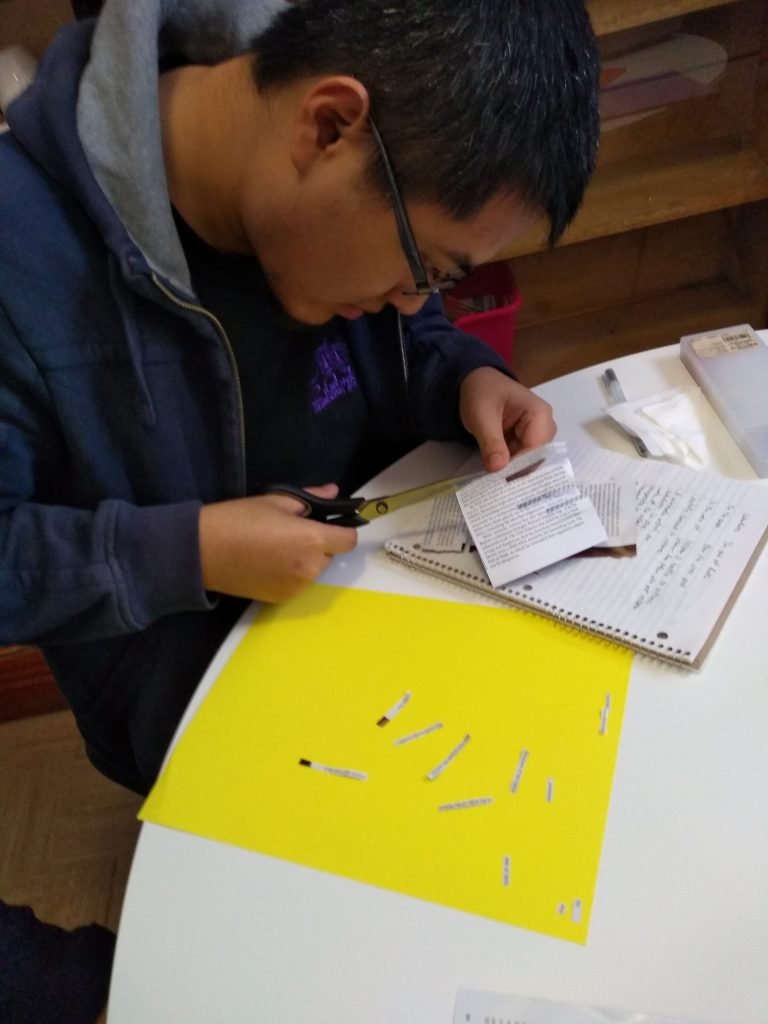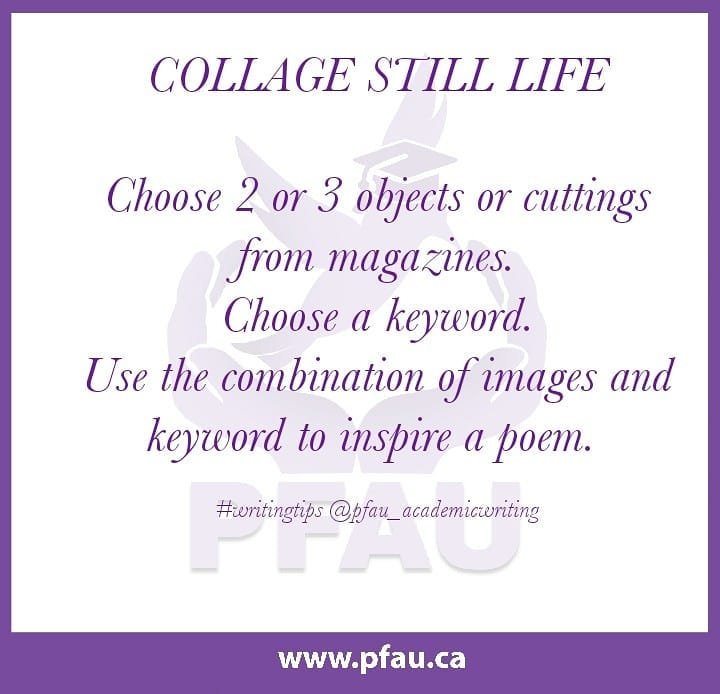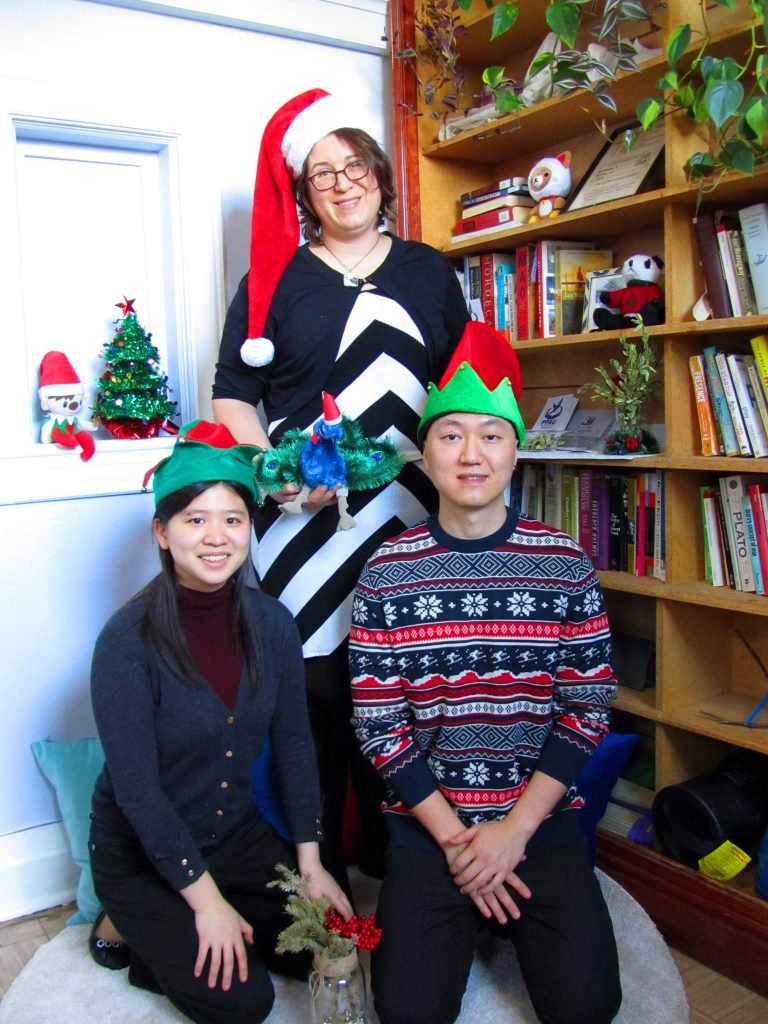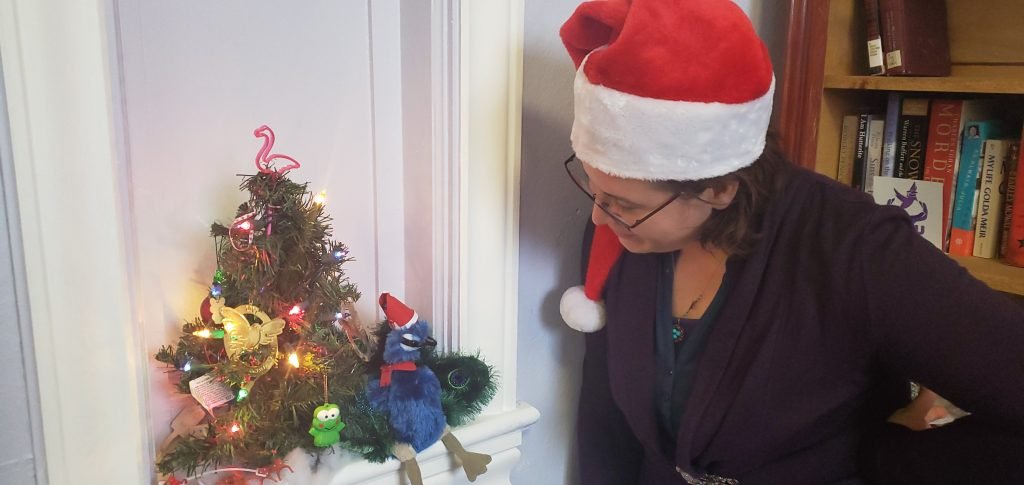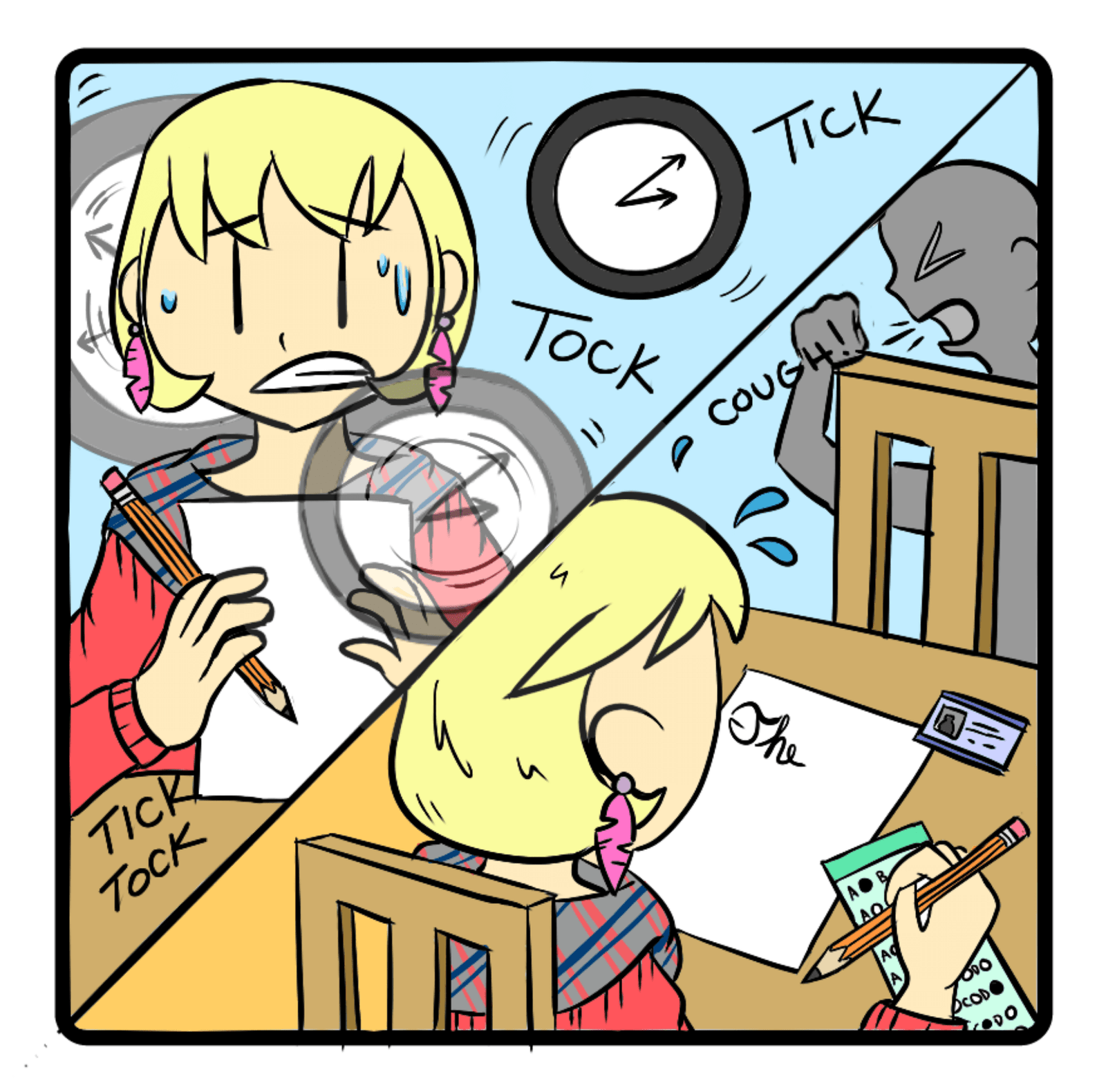
When I was in high school, and the early part of my Undergraduate studies, I suffered from terrible exam anxiety. Before my first Grade 12 Provincial Exam in Alberta, Canada, I remember throwing up my Cheerios in the bathroom sink. My anxiety stemmed from having tanked my Social Studies Provincial Exam in Grade 11, which I had opted to take a year early to give me a leg up on my other Grade 12 exams. FAIL! My poor grade was a huge disappointment since I had consistently had the highest grade in the school in Social Studies since Grade 9 until that point. I was also competing to become Valedictorian, and since Social Studies was not only my favorite subject, but also a required course and Provincial Exam scores accounted for 50% of our final grades in all required courses that one bad exam significantly impacted my overall GPA. So, by the time Provincial Exams rolled around in Grade 12, I was sick to my stomach.
As a result, I decided to rewrite my Grade 12 Social Studies exam in the hopes of overcoming my fear of writing essays on exams. Yes, the person who currently teaches others how to write academic essays used to find the process painfully difficult. In the end, Terry Smart (yes, that’s his real name!) beat me out for Valedictorian because my rewrite score was not eligible. Fortunately, these experiences taught me a few tricks that helped me to overcome my exam anxiety during my Undergraduate studies.
Create a Study Schedule: I was a terrible procrastinator until about Grade 12. Any assignment or exam, I would put a lot of effort into, but probably just a few days before it was due. I learned by retaking my Social Studies exam that I needed to start studying weeks, sometimes months in advance, in order to really digest all of the material. Studying in advance also helped with time management by encouraging me to breakdown all of the exam material into sections, assign a date and time for each section, and ensure I left a few days grace period to review everything. I generally recommend that for any mid-term or final exams students allot themselves a minimum of two weeks to prepare, if not more.
Find a Study Buddy: When I was in Undergrad, I made a few close friends in my major, Political Science. If we missed a class, we’d take notes for each other to ensure no one missed an important concept, assignment, or deadline. We’d also study for exams together, which meant comparing notes, discussing concepts, prepping potential essay questions, and even summarizing readings. Working together helped us to understand the material from the perspective of both student and teacher. It also made exam prep a lot less overwhelming because we were in it together.
Visualize Positive Outcomes: A TD Bank survey of 500 small business owners in 2016 uncovered that entrepreneurs who visualize success are more confident than those who do not; and, those who create a visual reminder (ie. Vision board) are twice as confident as those who do not. In fact, 82% of business owners who used a vision board from the beginning reported having accomplished more than half of the goals outlined on the board. Now, building a business is the ultimate test, so why not apply these same principles to your academic goals and studying? You can start by switching your storyline of blank faces, sweaty palms, and D- into a big fat A smiling up at your from your exam paper. How will that grade make you feel? What will you behave like and feel like while writing an exam with such a positive result? Put an intention out there and have that positive possible outcome motivate your studies. Just like the Little Engine that Could, keep telling yourself – “I think I can! I think I can! I think I can!” – and you’ll ace that exam in no time.
Think of it as a Game Show: I used to love trivia as a kid. One of my favorite shows was Jeopardy. Thus, instead of thinking of an exam as a pass or fail experience, I would think of my grade as a score in a game show. Each question I got correct, I was amassing points towards the ultimate prize of an A+. This way, even if I didn’t get 100% on the test, I still didn’t completely lose out. I still went home with some sort of consolation prize: B+. Thinking of exams in this way helped to take the pressure off of being better than my classmates or impressing the Professor; and instead, I created a competition with myself, where each correct answer and new tidbit of information was a step towards success. Somehow this made studying fun!
Take a few Deep Breaths & Calm your Mind: Even after doing all of these things, come exam day, as soon as the Professor put the exam paper in my hand, my mind would go completely blank. It turns out that this black out is a natural response to stress designed to help our primitive selves to escape a dangerous situation by putting all of our resources into our physical fight or flights responses so that we can run away from a tiger or something. At the same time, this fight or flight response reduces stimulation of the prefrontal cortex, the part of the brain that allows us to have abstract thoughts. It is usually abstract thoughts that we need to answer those pesky exam questions. I was not aware of the connection between stress and the prefrontal cortex at the time, but I did notice that if I focused my attention away from the exam to my breathing for a few minutes, my mind would clear and all of the answers to the questions would slowly resurface. Therefore, I developed a practice of spending the first 5 minutes of an exam taking deep breaths and clearing my mind of worries, and then, I would flip to the longer essay questions and jot down some random thoughts related to the questions before focusing on the more intense and specific multiple choice and short answer questions. Essentially, I was meditating for 5 minutes at the start of every exam, a practice that has now been largely linked to the strengthening of the prefrontal cortex and calming of the amygdala.
So, before you FREAK OUT about your next exam, try some of these simple suggestions. Writing exams is stressful. There is no avoiding that, unfortunately. However, with the right strategies, attitude, and supports, you can definitely make exams a lot less painful than they have been in the past, and maybe even a little fun!
**All content in this post is the intellectual property of Lisa Pfau & Patricia Huang. Please do not replicate any of this content without prior consent. You may share this post and other similar posts widely while making sure to give the authors credit, however.


